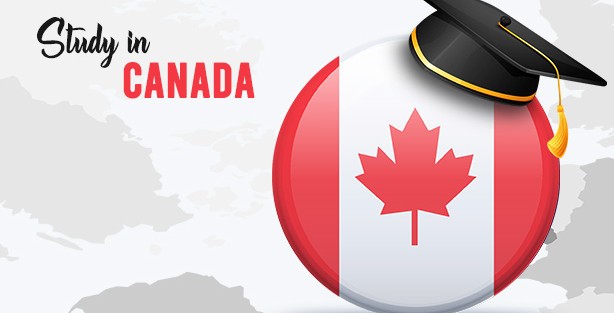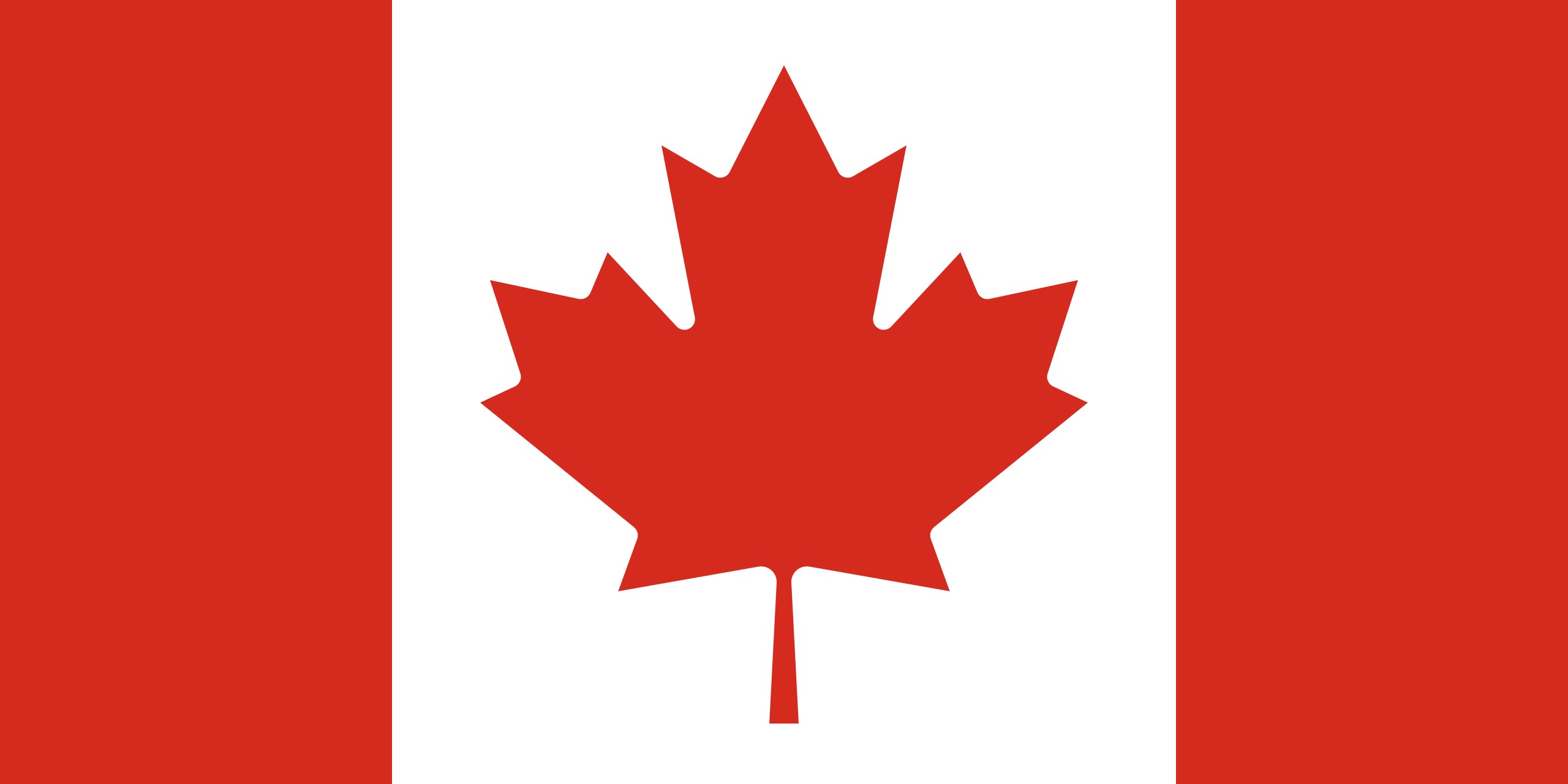Study in Canada

Why Study in Canada

Introduction
Canadian institutions maintain high standards of academic excellence and are consistently recognized in top international rankings with a diverse multi-cultural landscape, giving uncounted opportunities to broaden educational and cultural horizons. With affordable tuition fees, quality institutions, post-study work and immigration options and welcoming people, it's no surprise that Canada is quickly becoming a leading destination for international students. Canada hosts more than 250,000 international students and has experienced a huge increase in demand from overseas students in recent years.
Education System in Canada
Education System
Canada is renowned worldwide for its excellent academic standards right from pre-elementary to secondary, colleges and universities. The quality of education at affordable tuition fees makes the country one of the most favoured higher education destinations for international students. The QS World University Rankings 2021 includes 26 top universities from Canada. The universities and colleges in Canada offer a wide range of courses in various disciplines such as engineering, microbiology, telecommunications, environmental science, agriculture and so on.
How much will it cost
Cost
Studying in Canada is very affordable. International students are charged tuition upfront- this means they must pay at least first-year fees before the visa stage.Living and tuition fees for international students in Canada are generally lower than in other countries such as the United States and the United Kingdom.
Studying more expensive courses such as engineering and medicine can cost on average CA$28,000 per year as an undergraduate.
Scholarship Opportunities in Canada
Scholarship
Universities and colleges in Canada offer many types and categories of scholarships to international students who wish to pursue higher education but do not have the means to meet the expenses that it entails. Students can choose institutions that provide scholarships and grants based on their field of study and interest.
Living in Canada
Living
The living expenses are very affordable in Canada for International students as compared to some of the British Countries like the UK and USA as it may vary between $20,000 and $30,000, in Canadian dollars, per year.
Also, in Canada, students are allowed to work while studying inside and off-campus. Normally, they get part-time jobs to get some extra money and help to pay the living expenses, that comforts the international students.
Working in Canada
Working
International graduates can gain a Post-Graduation Work Permit and work in Canada for up to 3 years after graduating from a designated Canadian education institution (Colleges, Trade or Technical School, or University).
To be eligible, you must
have continuously studied full-time for the eight (8) months preceding the completion of your course
apply for a work permit within 90 days of receiving written confirmation that you’ve successful completed your course and that you’re eligible to obtain your degree, diploma, or certificate
have a valid study permit when applying for your work permit
University and trades qualified staff are in high demand across health care, sciences, engineering, business, and resources, so there’s every opportunity to gain work after you’ve graduated